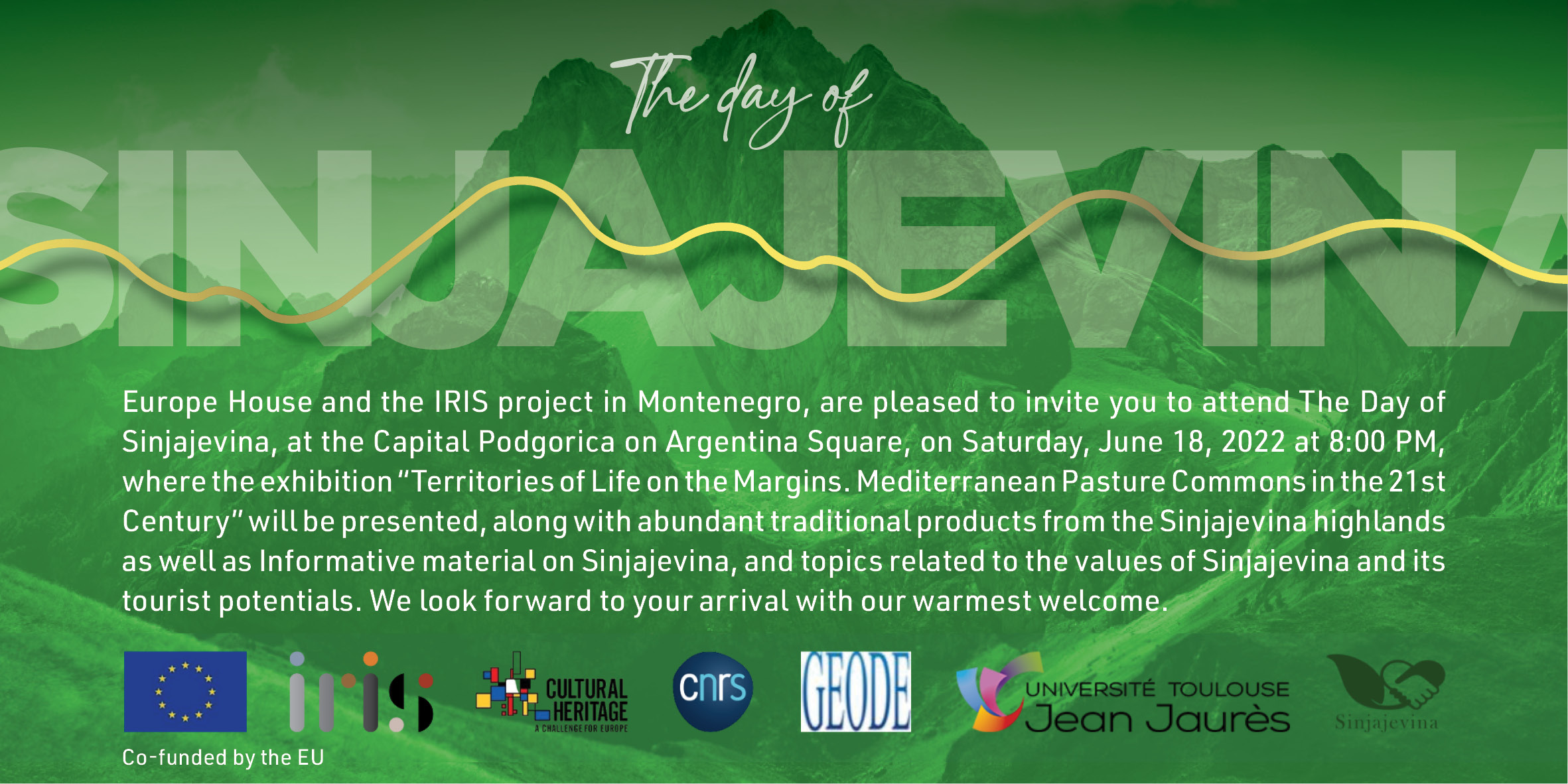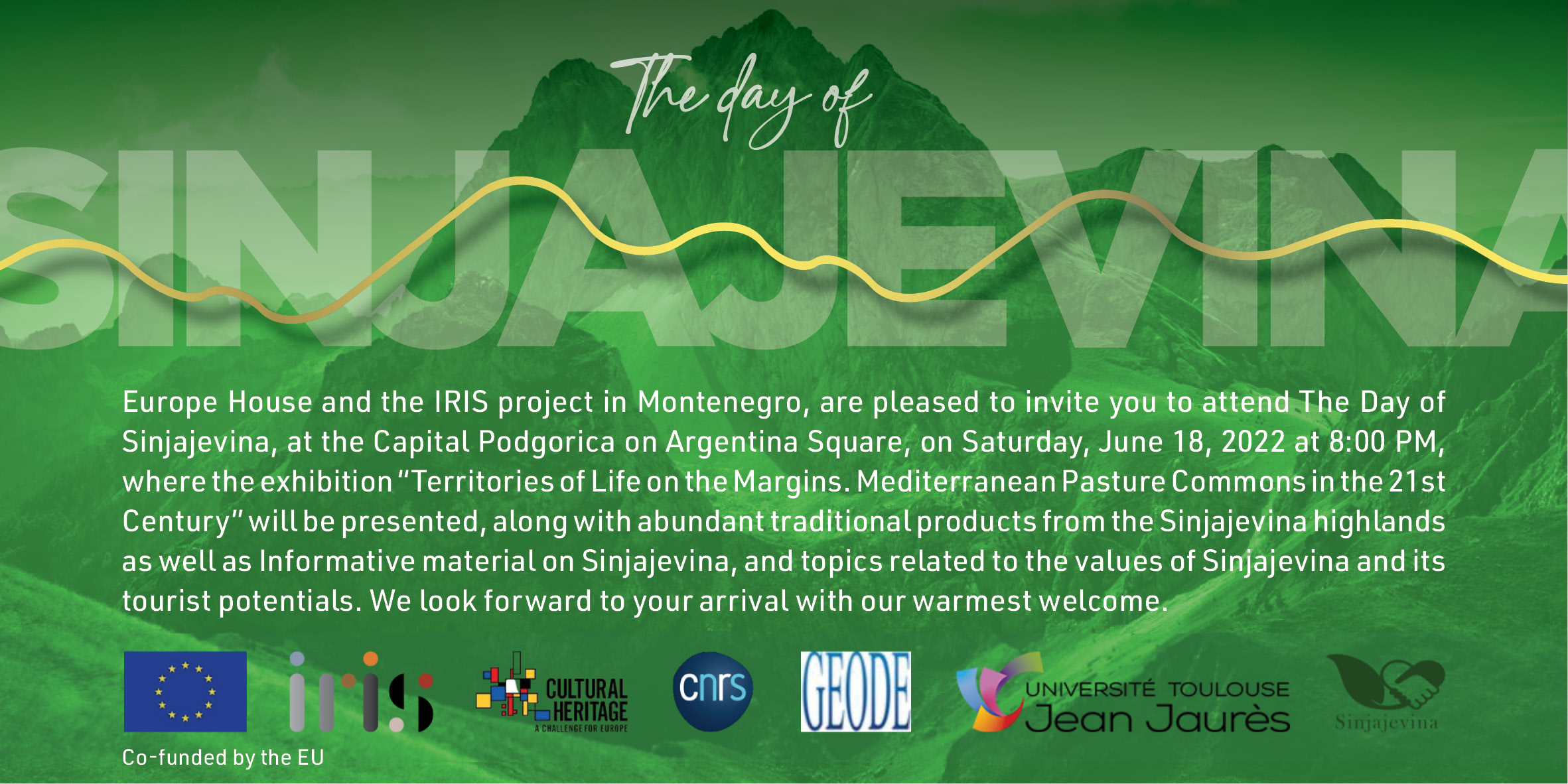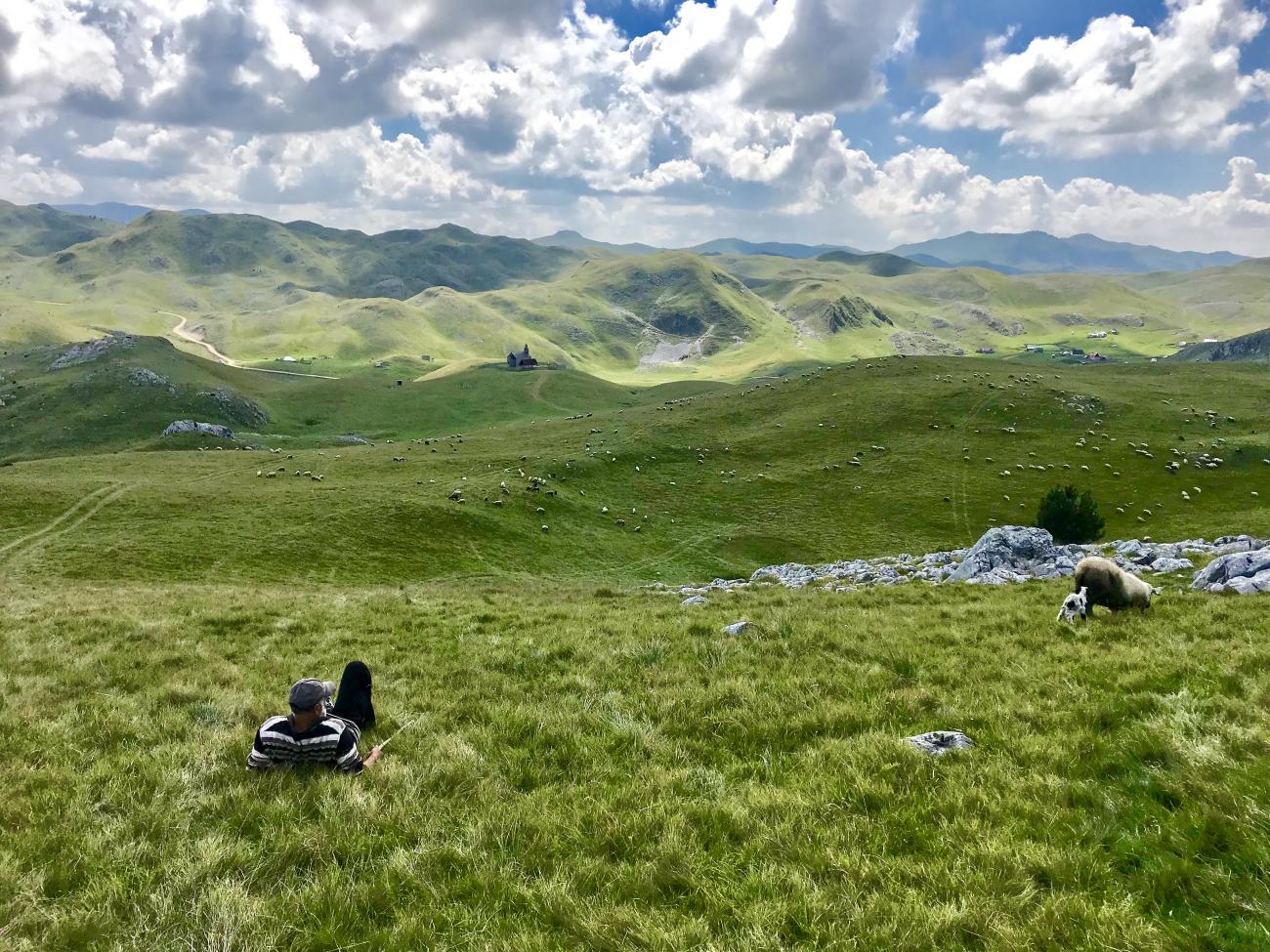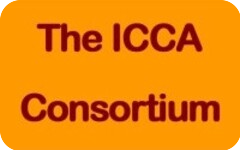Invitation to attend The Day of Sinjajevina
.


[ GUEST POST ] from the Delegation of the European Union to Montenegro
Next saturday the 18th is the Day of Sinjajevina, organized by the House of Europe and the EU co-financed project “IRIS - Inspiring rural heritage: sustainable practices to protect and conserve upland landscapes and memories”, in close cooperation with the Civic Initiative Save Sinjajevina, which brings together a significant group of representatives of local communities from Sinjajevina.
The Day of Sinjajevina will be hosted by the Capital Podgorica on Argentina Square, in front of the European House, on Saturday, June 18, 2022 at 8:00 PM, with a significant contribution from farmers from Sinjajevina who will present products and culture from their territory. Representatives of local self-governments of Podgorica, Kolašin, Mojkovac, Šavnik and Žabljak, whose administrative borders include Sinjajevina, will take part in the Day of Sinjajevina; Ministries of Economic Development and Tourism, National Tourism Organizations and NGOs Regional Development Agency Bjelasica, Komovi and Prokletije, Center for Initiatives in Sustainable Tourism and Center for
Protection and Study of Birds.
As part of The Day of Sinjajevina, the exhibition “Territories of Life on the Margins. Mediterranean Pasture Commons in the 21st Century” will be presented, which, along with examples from Spain, Morocco and Turkey, also represents Montenegro’s pastoralism through Sinjajevina, and which was inaugurated at the World Congress of the International Union for Conservation of Nature (IUCN) in Marseille in September 2021, and continues to be represented in various other Mediterranean
countries (Spain, France, Morocco and now Montenegro).
The exhibition will be accompanied by traditional products from the Sinjajevina highlands, prepared by representatives of the local communities. Informative material on Sinjajevina, and topics related to the values of Sinjajevina and its tourist potentials, which has been done so far by tourist organizations, local governments and non-governmental organizations, will also be presented.

The Day of Sinjajevina is organized with the aim of promoting the natural and cultural values and significance of Sinjajevina, the largest pasture mountain in Montenegro and, together with Durmitor, one of the largest mountain pasture zones in Europe. The Sinjajevina katuns (traditional name for the highland pastoral settlements), are seasonal mountain hamlets still used by several hundred livestock families and thousands of people. It is a way of life that is highly sustainable and increasingly valued for its natural and cultural value by significant international actors and institutions, including the European Union and the United Nations among others. The Katun way of life, as in other European countries, contributes to the creation and conservation of exceptional cultural landscapes with unique biodiversity, important ecosystem services and agricultural systems with exceptional quality products and great eco-tourism potential.
Sinjajevina is one of the five pilot areas in Europe, along with Spain, France, Italy and Great Britain, where the IRIS project is being implemented. The aim of this project is to contribute to the improvement of socially and ecologically sustainable use of mountain areas through transdisciplinary and intersectorial research including the different stakeholders of the territory. The project explores and develops a “living heritage” approach to the protection and promotion (i.e. protection through use) of mountains and neighboring rural areas. In Montenegro, the implementation of the IRIS project (2021-2024) is coordinated by the Laboratory for Environmental Geography (GEODE) from the French National Center for Scientific Research (CNRS) and the University of Toulouse-Jean Jaurès, in cooperation with a key interdisciplinary team of excellent researchers and professors from the University of Montenegro at the Institute of History, Biotechnical Faculty and Faculty of Law.
Files section
- Article has no files.







